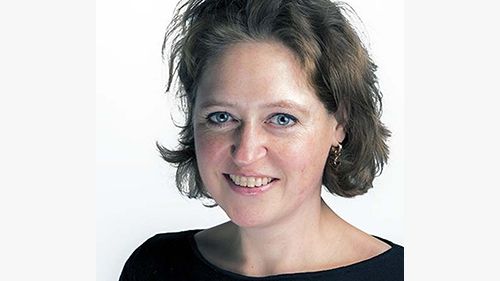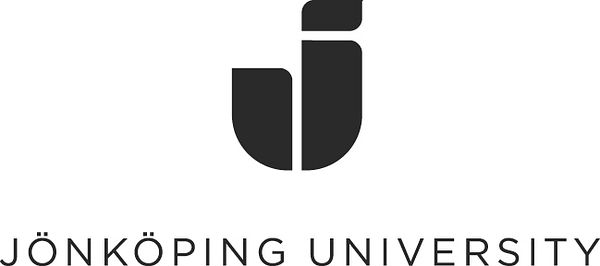
Press release -
Making sense of advisory boards in family firms
Family firms are a closed system. Owner families are often reluctant to bring in outsiders, but those who want to grow do well to bring in external advisors, especially via a team approach. In a new PhD thesis, Judith van Helvert-Beugels has studied how family firms can work with their advisory boards.
Over a period of three years, Judith van Helvert-Beugels followed four family firms in the Netherlands. She found that the advisory boards had taken on distinctly different roles in the different companies. In one, they gave advice on a very operational level. In another, they worked on a strategic level. In yet another they served more as a mentor for a young managing director, and in the last one they helped with the transition from one generation to the next, where the father and previous owner took a seat in the advisory board and that way could distance himself more slowly from the business.
“What was similar between them was how a shared understanding of the role was created”, says Judith van Helvert-Beugels.
The shared understandings of the roles of the advisory boards emerge through sensemaking processes. Two underlying mechanisms were identified that influence these processes. Individuals can have either a learning focused mindset or a performance focused mindset. To make the most of their advisory board, both the business leaders and their advisors needed a learning focused mindset.
“It was the first time these firms worked with outsiders on a regular basis. Entrepreneurs are by nature a bit stubborn and not used to receive feedback on how they perform and how they potentially could do better. They want to show off how good they are doing, but they won’t gain anything if they have the advisory board just to show off”, says Judith van Helvert-Beugels. “When their mindsets change to a learning orientation, the advisory board turns into a valuable tool to improve performance.”
The second factor that influences the sensemaking processes is symmetry/a-symmetry between the family firm decision makers and the advisory board members. Here, Judith van Helvert-Beugels found that a-symmetry works best when the advisory board is working on an operational or functional level. The advisory board members take the lead and provide structure. In firms at a more developed strategy stage, where the advisory board works at a more abstract level, symmetry makes more sense as the family firm decision makers are capable to contribute equally to the creation of a shared understanding of the role of the advisory board.
Using a micro-level strategy lens, Judith van Helvert-Beugels has been able to study the processes leading to the emergence of the advisory boards in depth. This has helped has helped to characterize the advising and sensemaking processes at play, and how advisory boards emerge into unique configurations over time.
Judith van Helvert-Beugels, who works at Windesheim University of applied sciences, successfully defended her thesis The emerging role of advisory boards in strategizing in family firms: A sensemaking perspective on 9 March at Jönköping International Business School, Jönköping University.
Related links
Topics
Categories
Jönköping University Foundation is one of three independent institutions of higher education in Sweden offering postgraduate programmes. It is characterised by focused profiles, internationalisation, an entrepreneurial spirit and collaboration with surrounding society. Research and education are carried out at four schools: Jönköping International Business School, School of Education and Communication, School of Engineering and School of Health and Welfare. Jönköping University has some 11,000 registered students, 800 employees and a turnover of approximately SEK 892 million.

